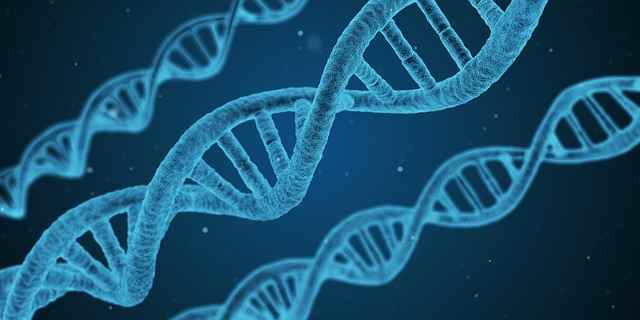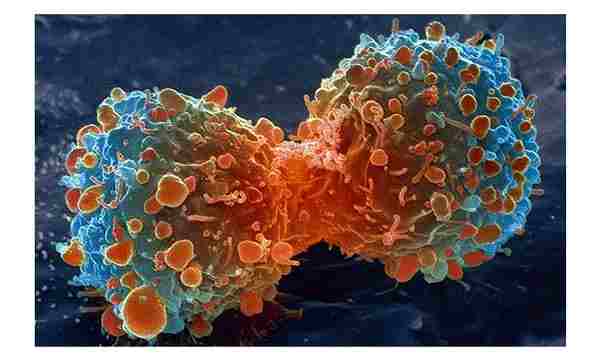How Being Overweight Increases Your Risk of Cancer
There is a huge desire to be fit and attractive. People shouldn’t be so shallow this day and age. Physical appearance should not be your motivation to lose weight. But for serious health issues such as how being overweight is linked to cancer.
So why are certain people so hung up on acquiring a flat stomach? Is getting finding an ideal partner the only motivation for losing weight? Is being attractive the only reason why you should be concerned about your body mass index? Only you can answer those questions. All you can do is inform yourself the health reasons that are more crucial to inspire you to lose weight.
Being Overweight is Linked Cancer
The Center for Disease Control Prevent states people who are obese or overweight are at an increased risk for many serious diseases. The more critical diseases obese individuals face are cancer and heart disease.
Also, the Journal of the American Medical Association also has a study that finds a correlation between obesity and an increased risk of pancreatic cancer. Statistics show overweight individuals (around the ages of 20-49) are twice as likely to be associated with cancer than the average person in a healthy body mass index.
In addition, according to the New England Journal of Medicine shows studies that excess body fat can leads to a 50% increase in mortality and associated with cancers of esophagus, colon, liver, gallbladder, and kidney.
Mechanism for Cancer Development In Overweight Individuals
Sometimes, learning how two things relate instead of seeing studies will help you understand more effectively. Hopefully this in return will lead to an increased likelihood that you will change your behavior to produce a positive healthier life style that leads to your weight loss results.
High-fat diets have been linked to NF-KB activation within the abdominal cavity of mice. What in the world is NF-kb, you ask? Nuclear Factor – kappa B is a protein complex that regulates the transcription of DNA. NF-kb is also activated in response to inflammation, and almost every credible theory about how cancer develops has associated this disease with inflammation. While this experiment is only inferential in nature as it was conducted on mice, one must take into account that humans are susceptible to many diseases that mice are also susceptible to as well.
Estrogen levels increase with higher levels of body fat. While the body does require a certain level of estrogen for proper brain functioning, protection of brain cells, and other factors, too much estrogen can stimulate the growth of cancer cells within a woman’s reproductive system.
Body Mass Index
Body mass index, also abbreviated as BMI, is a measure of your height and weight. It is a tool often used to make a determination if your weight may put you at risk of cancer, stroke, heart disease, diabetes, and other diseases. A healthy BMI is considered to be between 18.5-to 24. Anything under it is considered underweight, and anything above is considered overweight or obese.
Conclusion
As we previously stated, being healthy is not just about physical appearance. Being healthy is about avoiding disease, having a higher quality of life, and a longer lifespan. Seize control of your health and reduce your risk of cancer by maintaining a healthy weight. The journey for weight is not easy. However, with a plan and discipline it is achievable.








